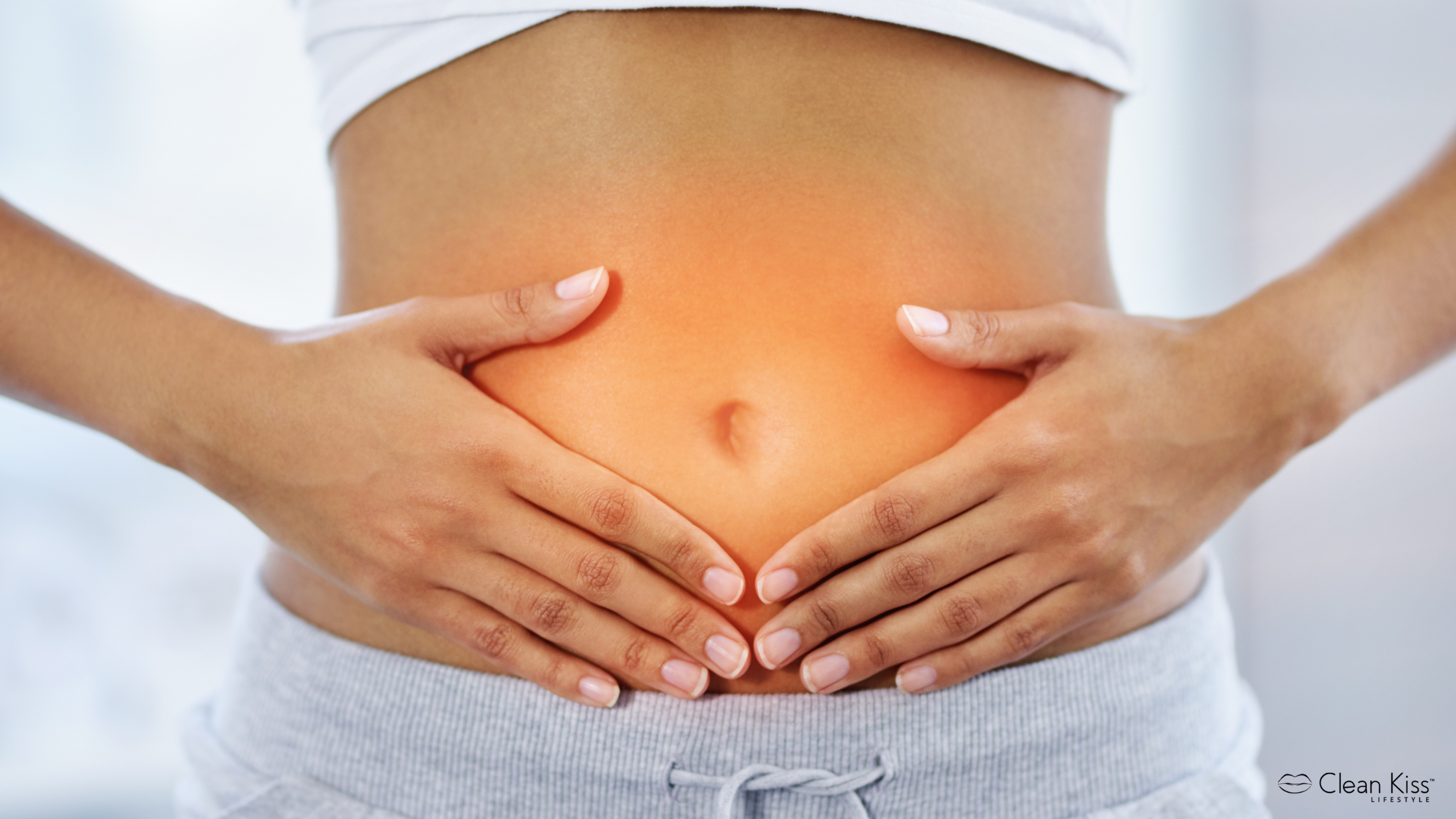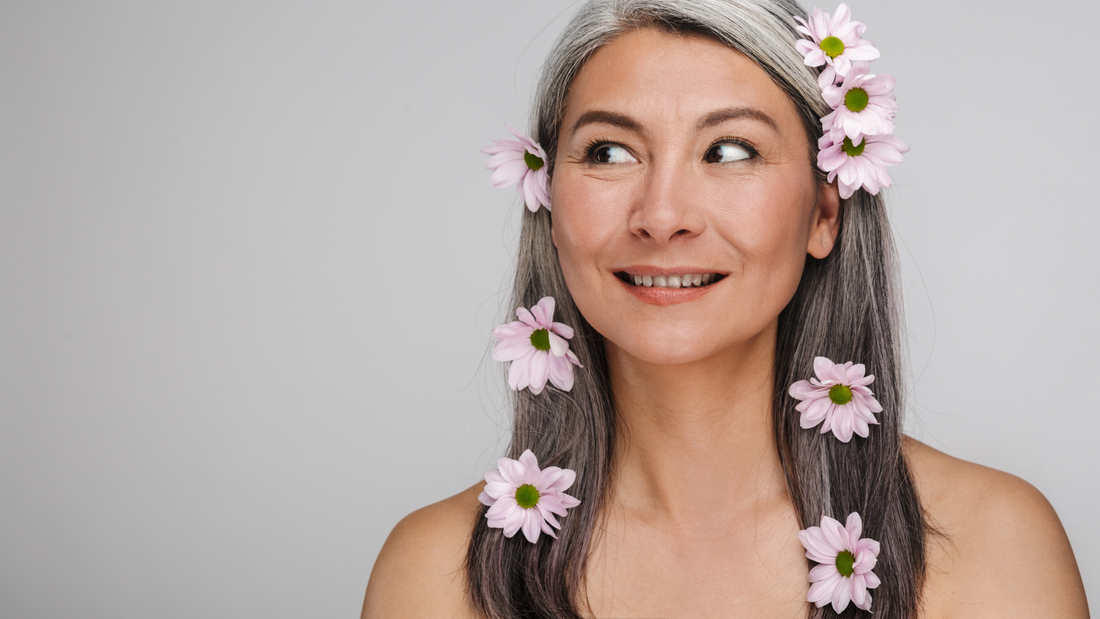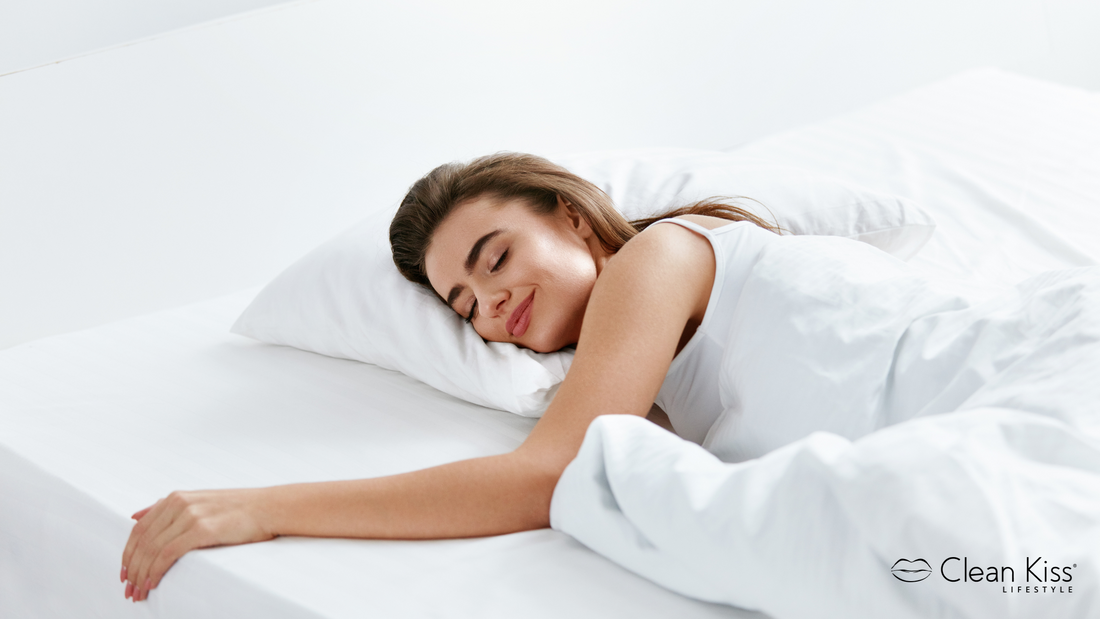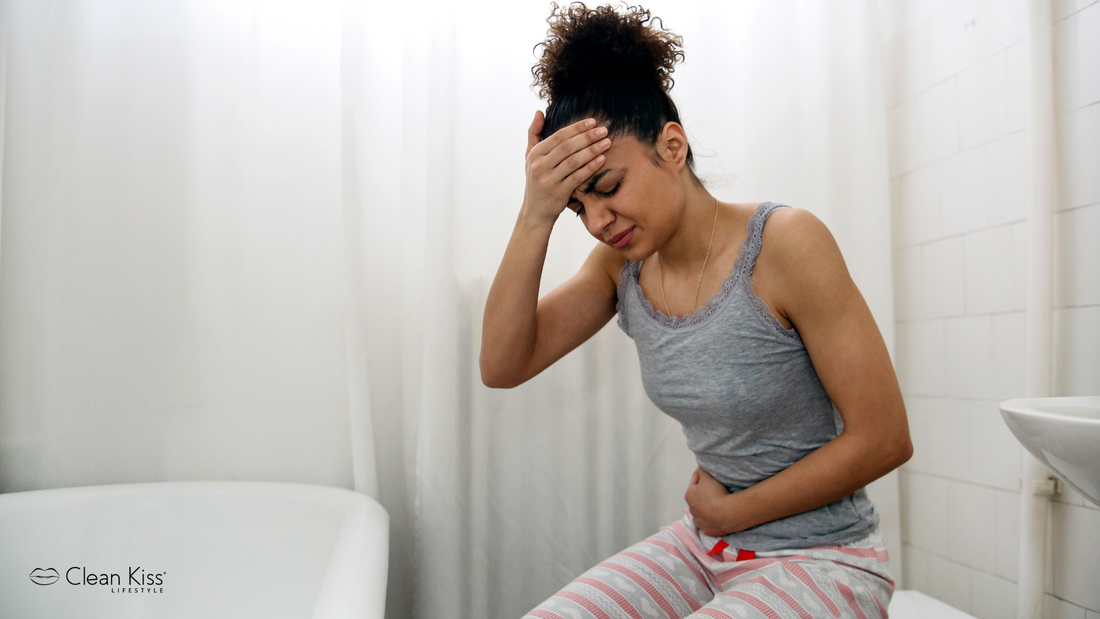If you have been wondering about any of these things related to your skin, you are in the right place.
HOW DOES MY GUT HEALTH AFFECT MY SKIN?
DOES WHAT I EAT SHOW UP ON MY SKIN?
DOES TAKING A DAILY PROBIOTIC HELP?
WHAT ABOUT PREBIOTICS? DO I NEED THOSE TOO?
As a Certified Aesthetics Nutritional Professional (CNAP) meaning I am trained in how nutrition affects skin, and a Holistic Nutritionist (CNP) I get these questions a fair bit. Let's dive in and get to the bottom of this topic in a moment.
But first...before we do that I just want to preface this discussion by saying that your skin is only "angry" if you deem it so. We don't like to label any skin condition as a "problem" unless you are here because you think it is a problem.
You are beautiful in whatever skin you are in be it acne-prone, aging, inflamed or any other skin challenge you face. We do not define beauty as "perfect" skin. Perfection doesn't exist! But if you do want to have healthier looking skin, you are in the right place.
Probiotics can help keep your gut healthy and thus your microbiome balanced, whether you have skin issues, GI (gastrointestinal) issues, acne or other struggles.

- Are under a lot of daily stress
- Eat a poor diet of processed foods, sugar, alcohol
- Suffer from candida overgrowth (yeast infections)
- Get an upset tummy when travelling
- Have any GI issues or Inflammatory Bowel Diseases (Crohn's or Colitis)
- Have hormonal imbalances (who doesn't!)
- Suffer from anxiety (your gut has many serotonin receptors)
- Have food sensitivities and/or intolerances
- Suffer from bloating, gas or digestive upset frequently
- Suffer from acne, eczema, psoriasis
- Take a lot of NSAIDS or other prescription drugs
- Have ever been told they have a leaky gut
The short answer is NO. There is not nearly enough healthy bacteria in one serving of yogurt daily to have significant probiotic effects on your gut health. In fact, a recent article published confirms as much.
"...the researchers found that it would take two to 25 servings of the yogurt per day to achieve the effects observed in clinical trials."
I don't know many people that would eat 2-25 servings of yogurt in a day, let alone in a week! It simply is not enough.
My philosophy as a Skin Health Nutrition Coach is always to get the nutrients and vitamins we need through food first. However, when food doesn't give us what we need we must look to supplements.
"Each brand of yogurt the Toronto team studied contained different types of probiotic bacteria, each linked to different health benefits. But the study found most brands don’t contain enough to offer those benefits."
Furthermore, some people with cow dairy sensitivities and/or cow dairy allergies should not be eating cow's dairy because it will make Inflammatory Bowel Diseases (Crohn's or Colitis) worse because by aggravating this condition and causing further damage to the intestinal lining.
To see the research on this follow this link to the study. In those cases, look for unsweetened coconut yogurt or try buffalo yogurt to still get those healthy probiotic bacterium into your gut.
SHOULD I DITCH YOGURT THEN?
No, not at all. If you have no issues with lactose tolerance, IBD and are not vegan, go ahead and consume yogurt as often as you want. Take notice if it causes you any digestive upset and if it does then dial it back.
I am a huge proponent of keeping a food diary, especially for my clients that are trying to track down the source of their tummy or skin troubles. Yogurt does still offer you a healthy protein and probiotic-filled meal or snack.
Choose unsweetened, organic cow, goat or buffalo yogurt (or coconut) when possible and top it with organic honey, ground flaxseed, homemade granola (this is my favourite recipe) and fresh berries (for antioxidants!).

HOW DO PREBIOTICS DIFFER FROM PROBIOTICS?
They work together in tandem actually. Prebiotics feed the healthy bacteria that probiotics create. It's like the fuel to your healthy digestive fire basically.
“People have been eating bacteria for thousands of years,” she said. “If you look around the globe, every region has some sort of fermented food that would have given them these bacteria.”
WHAT ARE SOME GREAT SOURCES OF PREBIOTIC FIBRE?
Whereas the best probiotics come from supplements, prebiotics on the other hand are best coming from foods that contain inulin fibre, resistant starch, beta glucans or other sources of health benefits. Here is a list of 19 of the top prebiotic filled foods.
Some of my personal top favourites that I try to eat daily are:
- Bananas (especially green ones for their resistant starch!)
- Asparagus
- Leeks, onion, garlic
- Fermented foods: kefir, kimchi, sauerkraut
- Flaxseeds, oats
- Apples (for their pectin fibre)

HOW DO PROBIOTICS ACTUALLY HELP MY SKIN THOUGH?
To answer that I want to share something called the Gut-Brain-Skin theory.
"...the degree of scientific sophistication with which we can now see an undeniable link between these major organ systems. The lines of communication, as mediated by gut microbes, may be direct and indirect - ultimately influencing the degree of acne by a systemic effect on inflammation, oxidative stress, glycemic control, tissue lipid levels, pathogenic bacteria, as well as levels of neuropeptides and mood-regulating neurotransmitters...
In other words, the research shows that there is a direct relationship between what happens inside the gut and what shows up on the skin. This is true for acne outbreaks as per this scientific research but also think of the overall health of the skin in relation to reducing inflammation in the body.
When you can reduce the amount of internal inflammation through a healthy gut microbiome, you will have skin that looks well nourished, smooth, clear, and aged appropriately with your chronological age.
"...there appears to be more than enough supportive evidence to suggest that gut microbes, and the integrity of the gastrointestinal tract itself, are contributing factors in the acne process."
In summary, most Nutrition Professionals and Naturopathic Doctors would recommend that you look after your gut health, and in turn your skin health and every other part of your body too, by taking a daily probiotic and by getting pro and prebiotic foods into your body everyday.
Your gut health is linked to every other major system in your body including your cells and tissues (Integumentary System/Skin), hormones (Endocrine system), digestion (Digestive System), kidneys/elimination (Urinary system) and on and on. It is all linked. Nothing in the human body happens in isolation.
Furthermore, as mentioned earlier it is now also scientifically proven that 95% of your serotonin production (a key neurotransmitter) is produced in the gut. So does a happy gut = a happy brain? You bet it does! If you suffer from anxiety then looking at your gut health is a great start.
About the Author: Jodie Pappas
Jodie Pappas is the Founder and Skincare Formulator of the Canadian-made, small batch, plant-based skincare brand Clean Kiss. Jodie creates clean, natural skincare products for women to feel confident and glowing in their skin, without the use of any harmful toxins.
Jodie is a Certified Organic Skincare Formulator, a Certified Nutritional Aesthetics Practitioner (CNAP) and a Registered Yoga Teacher. She believes that beautiful pro-aging skin is available for every woman and uses a holistic lifestyle approach to educate and inspire.
Jodie has been featured on Global TV Morning, CHCH Morning, CityTV's Breakfast Television, Rogers TV and various radio stations across the country.
You can work with Jodie in her Holistic Nutrition practice, where she focuses mainly on skin issues such as acne, eczema, and healthy aging skin using a non-restrictive approach that incorporates natural skincare, healthy lifestyle habits and movement through yoga and pilates.
Want to work with Jodie on your Skin Health & Nutrition? Apply now!
You can follow Clean Kiss and Jodie here:






